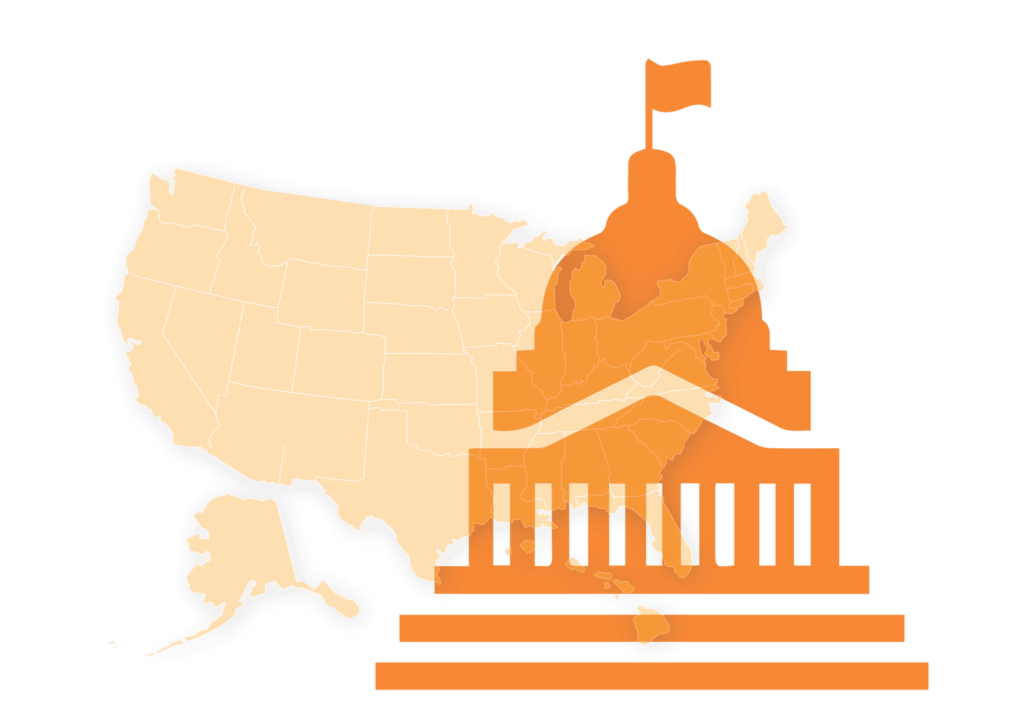Dear Leader Schumer, Leader McConnell, Speaker Pelosi, Leader McCarthy, Chairwoman Murray, Ranking Member Burr, Chairman Scott, and Ranking Member Foxx:
We, the undersigned organizations, write to express our support for maintaining the Maintenance of Equity requirement within the American Rescue Plan Act of 2021. As discussed in a prior letter of support last year, this provision is designed to ensure that state and district leaders do not force students from low-income backgrounds, students of color, and educators of color to shoulder a disproportionate share of cuts in state and local education funding in response to the COVID-19 pandemic and associated economic downturn. The Maintenance of Equity provision is a safeguard on behalf of schools and districts serving students and educators most impacted by the COVID-19 pandemic. Many of these schools and districts, which disproportionately serve communities of color and rural communities, have been historically underfunded, disproportionately rely on state revenue, and are at greatest risk for state funding cuts.
For the reasons outlined below, the Maintenance of Equity requirement must be included as is in the American Rescue Plan Act of 2021:
Maintenance of Equity is about ensuring the targeted federal approach actually works: The American Rescue Plan Act targets critical K-12 educational funding to high-need schools and districts that have been most impacted by the COVID-19 pandemic. This effort is completely undermined if non-federal funds are disproportionately cut from the very same communities.
Maintenance of Equity is necessary to avoid exacerbating funding inequities: During the Great Recession, cuts to state education budgets disproportionately impacted low-income communities. As a result, the funding gap between low-poverty and high-poverty districts more than tripled, and the downturn created an “unprecedented decline in public school funding fairness.” These cuts had a heartbreaking human cost in the form of hundreds of thousands of lost educator jobs, declines in student achievement, widening achievement gaps, and decreased college-going rates. And Black and Latino students bore the brunt, as they were significantly more likely than their White peers to live in districts that lost large numbers of teaching jobs. Layoffs from budget cuts also tend to affect Black and Latino teachers more, since teachers of color are overrepresented among early-career teachers. In this pandemic, multiple states have cut more in state aid in their high-poverty districts than low-poverty districts, directly undermining the goal of targeting the CARES Act funding to high-poverty districts.
Maintenance of Equity is thoughtfully designed to strike at the heart of the inequities in the system. Nearly half (44%) of students who are protected from funding cuts by Maintenance of Equity are in districts with very high poverty rates (at least 30%, roughly twice the national average). Additionally, rural districts are more likely to be districts the requirement protects: while just over 50% of all districts are rural districts, roughly 60% of all districts protected from funding cuts are rural districts. Additionally, the provision is more likely to shield districts that serve more Black and Latino students and students from low-income backgrounds in rural communities: by design, it shields the highest poverty districts that serve 20% of all students, yet that ends up protecting about one-third of Black students, nearly 30% of Latino students, and roughly 30% of students from low-income backgrounds in rural communities. We cannot afford to let history repeat itself, and this provision achieves that goal.
Maintenance of Equity is NOT an undue burden; it is about common sense and fairness: This bill provides nearly $130B in new federal education money. These “bare minimum” fiscal equity provisions do not go so far as to prevent states or districts from making cuts, nor do they dictate how to make cuts. This “do no harm” provision simply ensures high-poverty districts and schools do not incur a disproportionate share of state or local budget cuts. Given that high-poverty districts have generally seen the greatest impact from COVID-19, and their schools, staff, and students have received the least support for remote learning, it is hard to see why a state or district would want flexibility to disproportionately cut dollars or staff to those schools.
We know that COVID-19 has inflicted greater pain on communities of color and low-income communities far beyond our schools. The recovery will be slower in those communities as well. This is the direct result of our country’s long-standing systemic inequities in access to healthcare, jobs that allow remote work, and safe and healthy housing, among others. The Maintenance of Equity provisions must be preserved to ensure that we do not double down on these inequities by forcing these same communities to shoulder a disproportionate share of COVID-19-induced education budget cuts – as they have before. Congress has the opportunity to directly combat racial and socioeconomic inequities that pervade our education system by preventing them from worsening during a time of unprecedented instability and need.
To that end, we ask that you oppose any effort to strip out, or otherwise weaken, the Maintenance of Equity provision contained in the American Rescue Plan Act of 2021.
Sincerely,
Alliance for Excellent Education
EDGE Consulting Partners
Democrats for Education Reform
Education Reform Now Advocacy
Education Policy Program at New America
Educators for Excellence
GLSEN
National Association of Secondary School Principals
National Center for Learning Disabilities
National Urban League
Next100
SchoolHouse Connection
Teach Plus
The Education Trust
TNTP
UnidosUS




